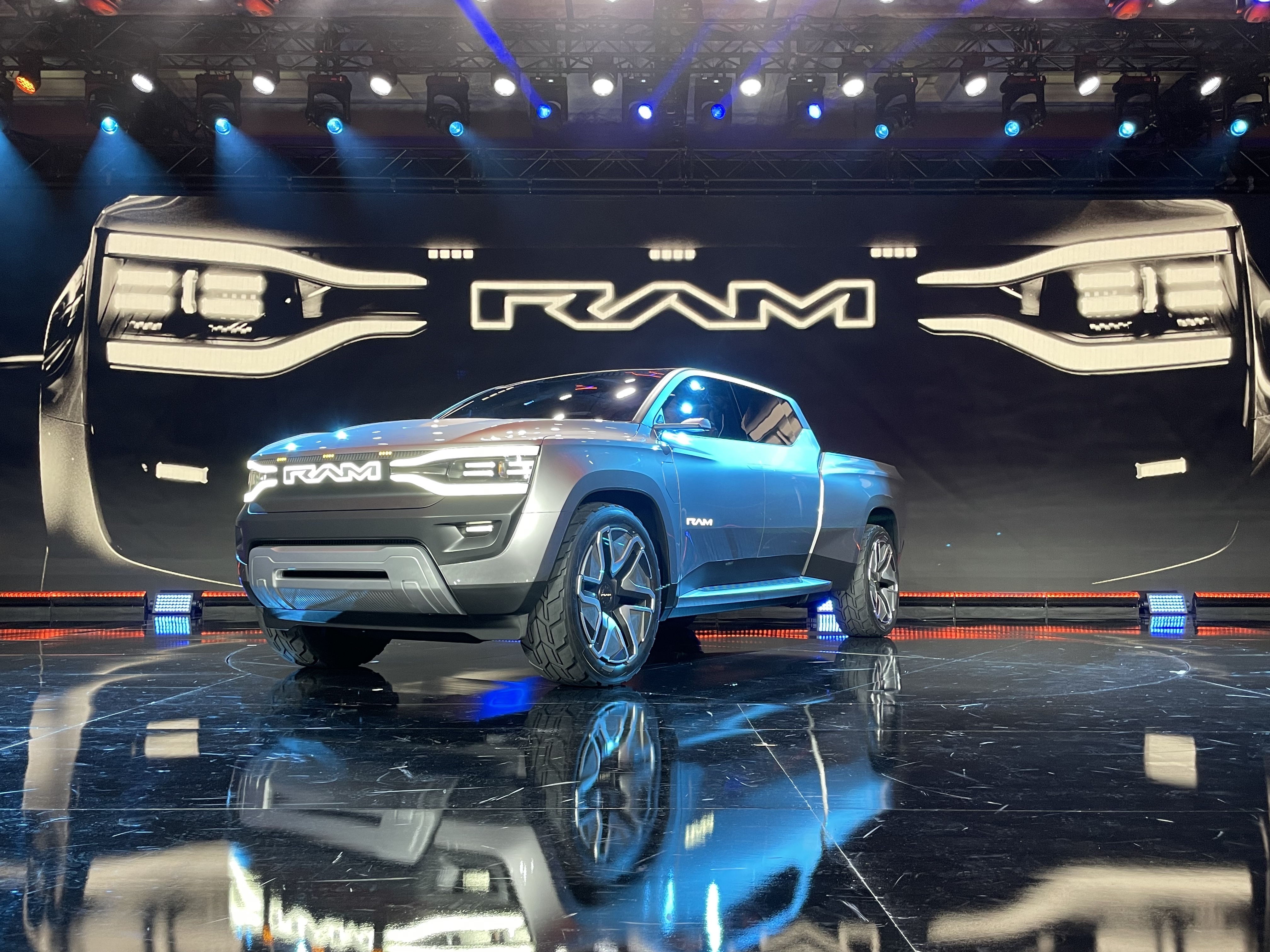
Ram Ends EV Pickup Truck Plans: What Does This Mean for the Future of Electric Trucks?
In a surprising turn of events, Ram has announced the cancellation of their highly anticipated plans to release an all-electric pickup truck. This decision, revealed just weeks before the planned unveiling at a major auto show, has sent ripples through the automotive industry and sparked debate about the future of electric vehicles (EVs), particularly in the competitive pickup truck segment. What led to this decision, and what does it mean for consumers eager to embrace electric trucks? Let's delve into the details.
Why the Change of Heart?
While Ram has yet to issue an official statement citing the exact reasons behind the cancellation, industry experts speculate a confluence of factors likely played a role. Let's explore some of the most plausible explanations:
Market Volatility and Shifting Consumer Demand
The EV market, while growing, remains volatile and subject to fluctuations in consumer demand. Early adopters flocked to EVs, driven by environmental concerns and novelty. However, broader adoption faces challenges, including:
- High initial purchase prices: Electric trucks often carry a significant price premium compared to their gasoline-powered counterparts.
- Range anxiety: Concerns about battery range and the availability of charging infrastructure continue to weigh on potential buyers.
- Charging infrastructure limitations: The lack of widespread and reliable charging stations, especially in rural areas, is a major obstacle.
- Battery supply chain challenges: The availability and cost of battery materials are subject to geopolitical uncertainties and supply chain disruptions.
Ram may have reassessed the market landscape and concluded that the demand for electric pickup trucks isn't yet strong enough to justify the significant investment required to bring a new EV model to market, especially with competitors like Ford and Rivian already established.
Technological Advancements and Evolving Battery Technology
The rapid pace of technological advancement in battery technology could also be a contributing factor. Ram might be waiting for the next generation of batteries that offer:
- Greater energy density: Allowing for longer driving ranges without increasing battery size or weight.
- Faster charging times: Reducing the inconvenience of recharging.
- Lower costs: Making electric trucks more affordable.
- Improved durability and lifespan: Addressing concerns about battery degradation and replacement costs.
Rather than releasing a product based on current technology, Ram may be strategically delaying their entry to capitalize on future battery breakthroughs. They might be working on a better "Ram electric truck alternative" with updated specifications.
Competition and Market Saturation
The electric pickup truck market is becoming increasingly crowded. Ford's F-150 Lightning and Rivian's R1T are already on the road, and other manufacturers are preparing to launch their own electric truck models. Ram may have determined that entering the market now would be too challenging, requiring significant marketing expenditures to differentiate their product and capture market share. Perhaps they felt a "Ram electric truck comparison" would not favor them.
Internal Restructuring and Strategic Shift
It's also possible that Ram's parent company, Stellantis, is undergoing internal restructuring or a strategic shift that has led to the cancellation of the electric pickup truck project. Priorities may have shifted to other areas of electrification, such as electric SUVs or commercial vehicles. They might be focusing on "future Ram electric vehicle" designs outside of the pickup truck segment.
What Does This Mean for the Future of Electric Trucks?
Ram's decision to abandon their electric pickup truck plans raises questions about the overall viability of electric trucks and the timeline for widespread adoption. Here's a look at the potential implications:
A Setback for EV Truck Adoption
The cancellation is undoubtedly a setback for consumers who were eager to see a Ram electric truck on the road. It suggests that the transition to electric trucks may take longer than initially anticipated. This could lead some potential buyers to postpone their EV purchase or opt for gasoline-powered alternatives. The "Ram electric truck price" being unavailable now might send consumers elsewhere.
Increased Pressure on Existing EV Truck Manufacturers
With one less competitor in the market, Ford and Rivian may experience increased demand for their electric trucks. However, they will also face greater pressure to innovate and improve their products to maintain their competitive edge. The "best electric truck" debate will continue, but with fewer participants.
A Potential Opportunity for New Entrants
Ram's departure could also create an opportunity for new players to enter the electric pickup truck market. Companies with innovative battery technology or unique vehicle designs could capitalize on the void left by Ram. Perhaps a new "electric truck alternative" will emerge.
A Reminder of the Challenges Facing EV Adoption
Ram's decision serves as a reminder of the challenges that remain in the path to widespread EV adoption. High prices, range anxiety, and inadequate charging infrastructure are significant hurdles that must be overcome before electric vehicles can truly compete with gasoline-powered vehicles. Addressing the "electric truck range anxiety" issue is paramount.
Looking Ahead
While Ram has cancelled their immediate plans for an electric pickup truck, it's important to remember that the company remains committed to electrification. They are likely reassessing their strategy and exploring alternative approaches to entering the EV market in the future. We might see "Ram future electric vehicle" announcements in other segments. The future of electric trucks is still bright, but the path to widespread adoption is likely to be more complex and challenging than initially anticipated. The industry will need to overcome significant obstacles to make electric trucks a viable option for a broader range of consumers. Time will tell if Ram's decision proves to be a strategic delay or a permanent departure from the electric pickup truck segment.